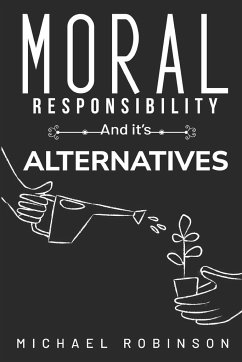It has long been held that a person is morally responsible for what he has done only if he could have done otherwise. This is commonly known as the Principle of Alternative Possibilities (PAP). The thought that being morally responsible for something we have done requires that it was possible for us not to have done it is deeply intuitive. Indeed, it seems to be something of a commonplace. If I break my promise to pick you up from the airport, you will likely be predisposed to blame me for this, unless I have an adequate excuse of some sort. One kind of excuse I might have would involve demonstrating that I had a justificatory reason for breaking my promise. Perhaps a neighborhood child had been seriously injured and I was the only one around who could take him to the hospital, or perhaps my boss threatened to fire me if I did not stay late at work to help her finish some last minute project. Excuses of this sort would generally show that it would be inappropriate for you to continue to blame me for breaking my promise to you-not because I was not morally responsible for my actions but, rather, because I was morally justified in what I did. A different kind of excuse I might have would involve demonstrating that I had an exculpatory reason for failing to keep my promise. Perhaps it was I who (through no fault of my own) had been seriously injured and taken (say, unconscious or lame) to the hospital, or perhaps burglars had chained me up in the basement just prior to the time I would have needed to leave to pick you up from the airport. Excuses of this sort would also generally show that it would be inappropriate for you to continue to blame me for failing to keep my promise to you. Importantly, however, they do not do this by showing that omitting to pick you up at the airport was the right thing to do; rather, they do so by showing that I was not at all morally responsible for what I did. And, on the face of it at least, the reason that the latter kind of excuse does this while the former kind of excuse does not seems plain enough: Unlike the former excuses, the latter excuses show that it was not possible for me to have kept my promise








